

Dear SRI Members, Supporters and Friends, Renaissance People,
As you might already know, Space Renaissance International will hold its 2nd World Congress from September 30th to October 2nd. The Congress will be held online, via SKYPE chat, 3 hours per day starting at 15:00 GMT.
Though SRI needs to increase its public visibility, we chose not to hold a live congress this time. Our main goal is to update our analysis and strategy, and to share this discussion with the highest number of renaissance men and women, that we are sure greatly outnumber SRI supporters, worldwide! Holding an online chat congress, participants will be allowed to register for free, avoid any travel expenses and be able to comment and participate even when everyone else is offline. During the three days of the congress we will discuss five “theses” or thought documents, covering what we understand to be the key issues during next four years, up to the SRI 3rd world Congress, in 2020.
The title of the congress is “From Space Exploration to Space Settlement”.
We propose that world leaders need to understand that humanity urgently requires a change in direction from exploring space to developing civilian activities in space, finding ways to create human space settlements. A global renaissance is fighting the global crisis, producing social, technological and scientific transformations: in order to win, it needs to be taken off planet, to be a space renaissance!
“Thesis 1 – Our Committment to Astronautics” is an update of our analysis, about the current status of the civilization, faced to the challenges of nurturing the needs and industrial development of seven and half billion humans, avoiding further deterioration of the planetary environment, addressing the ever-increasing shortages of raw materials and energy sources. We will compare the history of the last five years, to the forecasts we made during the 1st SRI World Congress, held via SKYPE in 2011, especially as far as the development of civilian astronautics is concerned. We ask: “How can we influence global public opinion, demonstrating the extreme need for humanity to expand beyond Earth’s limits?” “Which are the most promising social and industrial processes, to be supported and further expanded?” And, “Is the science fiction scenario we used to love during the past century nothing more than a nostalgic dream, characterized by a romantic, vaguely retro, flavor?”
It is likely the term “astronaut” doesn’t apply to the civilian space passengers: Astronauts were sci-fi heroes, and are now military trained individuals who are carefully chosen and prepared for their missions. What we are talking about is our dream of taking a space vehicle as if we were taking a normal air flight, flying to the Moon or a Lagrange city whenever we desired. During such travels, one would not expect to go outside the vehicle in a space suit, just as we are not likely to sit on the wings of a jumbo jet during a flight from Milano to NewYork. We will not be “astronauts” at all, not even when we will reach our destination in space, where we will mostly live in closed environments.
Does a proper narrative exist, already, to stimulate people’s curiosity and make them feeling interested in space life? Do we need a new “futuristic” art movement? Perhaps we had enough futuristic visions, that always postponed to a more or less distant future the human expansion into space. A new art movement is deeply missed, but it should talk about our possible civilian life in space now, more than about future. An avant-garde awareness that we are late, from all points of view, and we have nomore time to waste. A word for defining such a movement doesn’t exist, yet. Usually, movements have birth before definitions.
Our duties, as awakened and conscious renaissance people, are enormous, and we could be terrified by the challenge… but we will not surrender. When looking up in the night sky and see the majesty of the Milky Way we know the possibilities waiting there … Looking at the sky is our power, the stars are our evolutionary destination. Like the first hominids who strained to stand up in upright position, we strive to think ourselves among the stars, in a 3d environment, limitless in every direction and degree of the space sphere.
“Thesis 2 – Space for Peace” discusses the rise in global conflicts that constitutes the biggest threat to the future of civilization. The underlying causes for these conflicts are numerous but most have to do with exerting control over natural resources and territories and the populations living in these regions by financial and geopolitical interests. Any major war that may occur in the next few years would have unpredictable consequences. As an alternative to the possibility of global war, we propose a civilian space development program that expands human activities into geo-lunar space, as the only valid counter measure to mitigate the risk of a global conflict and avoid an implosion of civilization. This theme will be a key part of our next four years program having a key place in all of our public events.
“Thesis 3 – Building the Space Renaissance” defines our program for next 4 years, including a primary initiative that will touch the five continents, distributing our space renaissance proposal around the world by lobbying the governments, collaborating with space agencies, trying to reproduce the exemplary experience of SpaceX to the entire “NewSpace” industrial segment. And, in addition, developing our proposals in the area of space law in the context of the 50th anniversary of the Outer Space Treaty – the Treaty on Principles Governing the Activities of States in the Exploration and Use of Outer Space, including the Moon and Other Celestial Bodies – which entered into force in October 1967 and provides the basic framework on international space law.
“Theses 4 – A New Communication Strategy” defines how we plan to multiply our out-reach, making a growing number of people aware of our proposals and initiatives, and encouraging them to join SRI and work with us, to wake up other renaissance people.
With “Theses 5 – Space Renaissance Academy” we will describe and set up our education program, that in its first phase will see the development of webinars (soon to be available online).
Please register to attend the congress for free, if you want to be sure you will be part of the SKYPE chat.
Registration only takes a few seconds, and will allow us to optimize the organizational process.
We also want to invite you to check out the theses documents, and feel free to propose a paper of your own or amendments to what you read:
An online form is available to upload your proposals to the congress.
Should you like to add any contribution/proposed amendments to the theses documents, please follow this procedure:
- read the theses documents (the above link)
- identify which theses document(s) your proposal(s) apply
- in case you want to submit a paper, use the proper template
- upload your text or paper
Are you a renaissance person? Do you think what we do is useful? Please also consider joining the Space Renaissance!
Download a pdf version of this article.
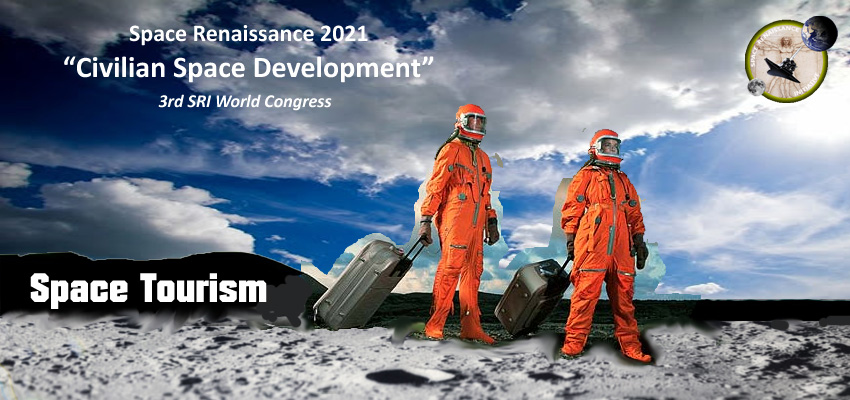
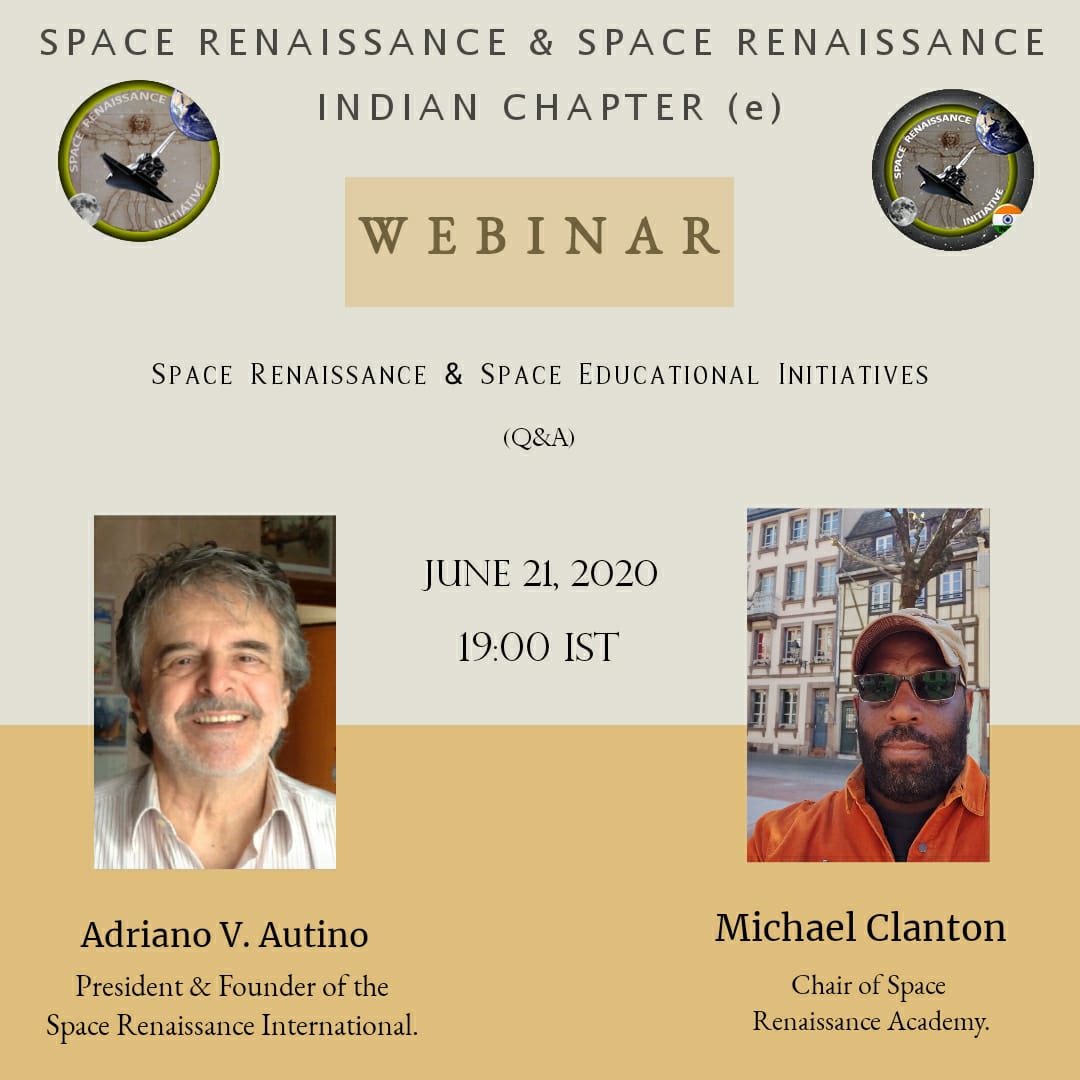
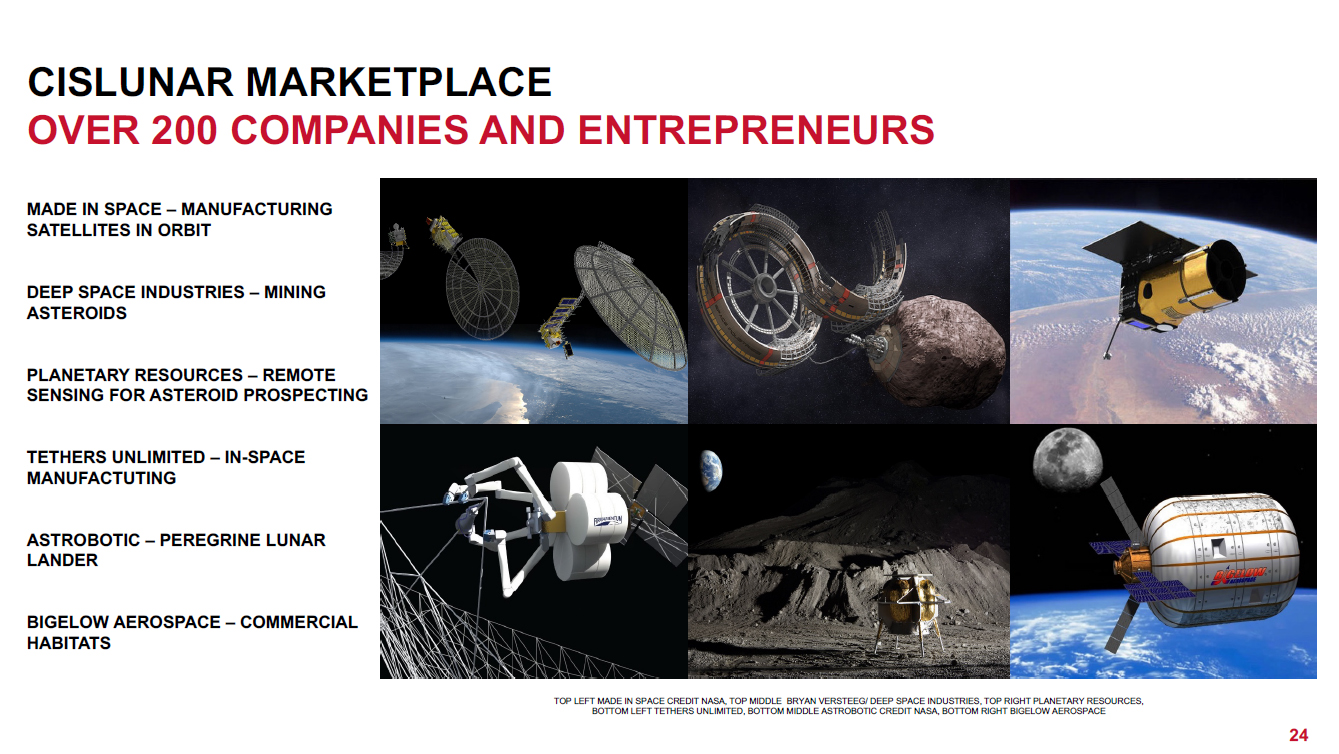

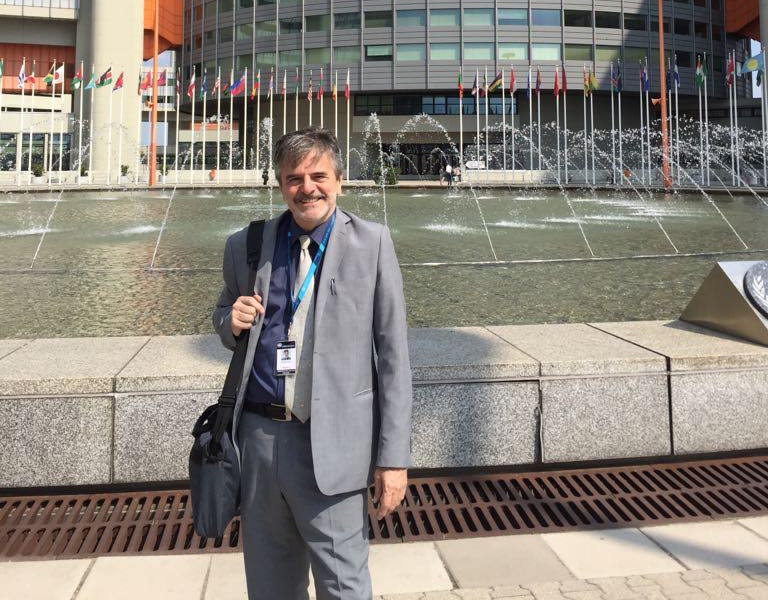
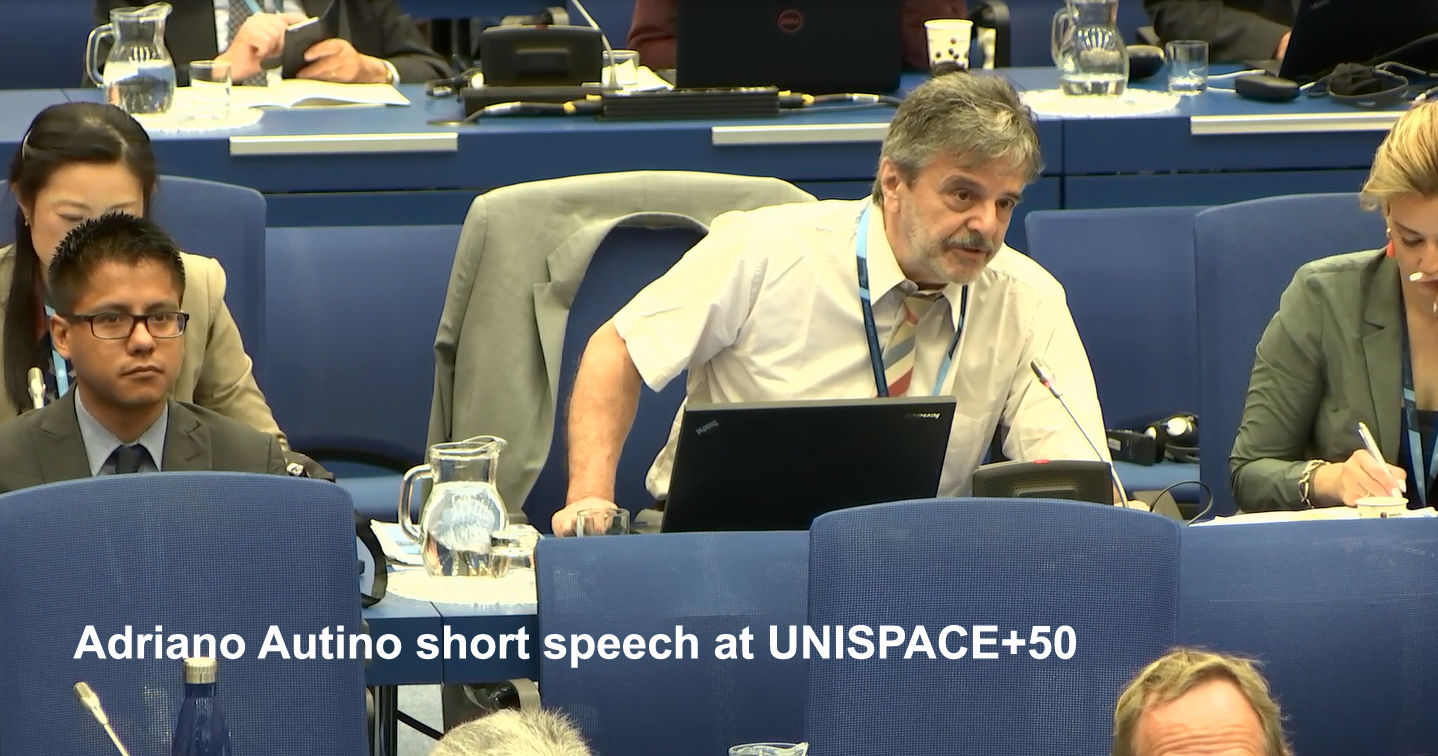

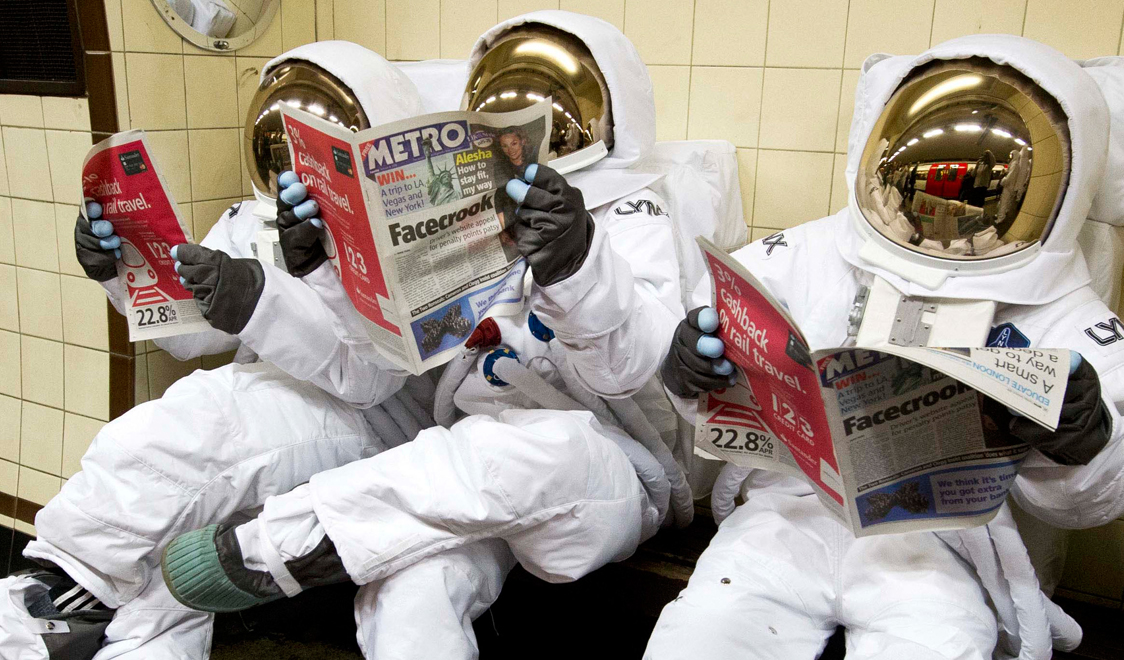


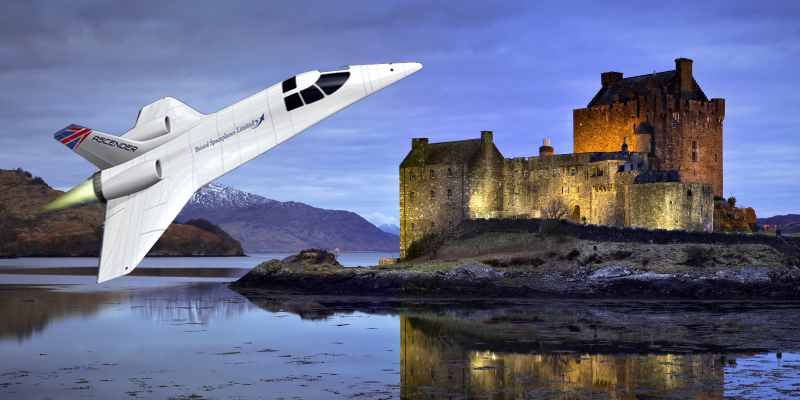
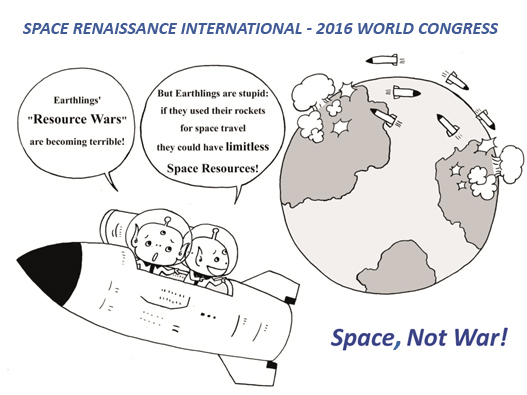







 Space Renaissance France Chapter
Space Renaissance France Chapter  Space Renaissance USA, Inc.
Space Renaissance USA, Inc.  Space Renaissance Italia Chapter
Space Renaissance Italia Chapter Space Renaissance Academy
Space Renaissance Academy Space Renaissance Initiative Group
Space Renaissance Initiative Group